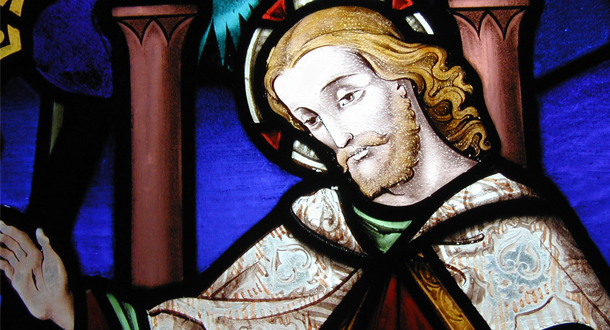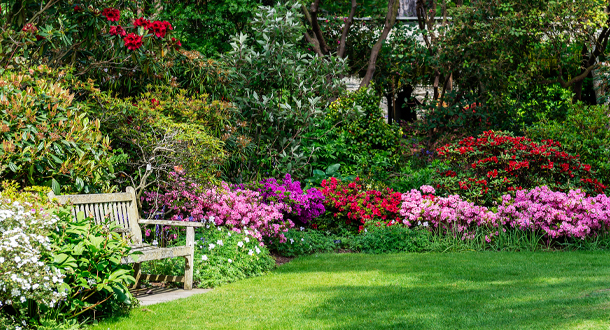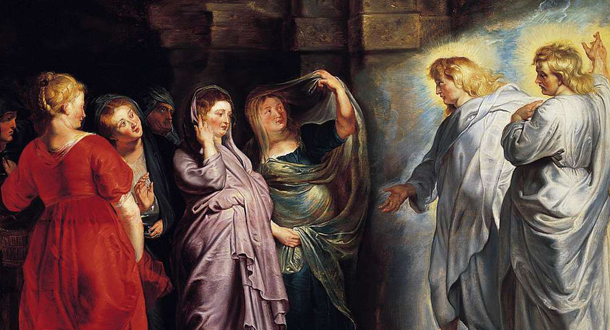
Memorial of Saints Cyril, Monk, and Methodius, Bishop
Scripture:
Reflection:
Jesus often told people not to publicize his miracles. This might seem counterintuitive – wouldn’t miracles be the most obvious way to demonstrate divine power? It makes you wonder why he’d keep them secret. Who could resist sharing such incredible news?
I believe Jesus’s priority was to emphasize his core messages over the miracles themselves. He likely wanted people to focus on selfless acts, humble living, and aligning with a greater spiritual purpose. He encouraged genuine commitment to God’s laws rather than the superficial displays of piety common among religious leaders at the time.
To illustrate this, imagine trying to raise awareness about environmental protection 17 or 18 years ago. Smartphones and readily available information about climate change were not widespread. But imagine you happened to own one of the earliest smartphones capable of answering environmental questions on the spot. Sure, you would have an answer, but guess what? Your audience might have been far more fascinated by the phone itself than the urgent message about climate change.
Similarly, Jesus’s miracles, while astonishing, risked overshadowing his teachings. People were understandably captivated by these seemingly magical events, potentially distracting them from the importance of loving their enemies, aiding the vulnerable, and striving for justice.
Today, we’re inundated with the glitter and glow of technology. So, more than ever, it’s crucial to actively seek and understand God’s role in our lives, from our creation to our ultimate destiny. Might we choose, therefore, to strive for humble and selfless living guided by a divine purpose, rather than being driven mainly by less nourishing material instincts.
Jack Dermody is president of Share Our Gifts, Inc., a proactive group founded by Passionist Alumni, dedicated to serving the poor and suffering. He is also editor of CrossRoads, the newsletter for the Passionist Alumni Association. He lives in Glendale, Arizona.










